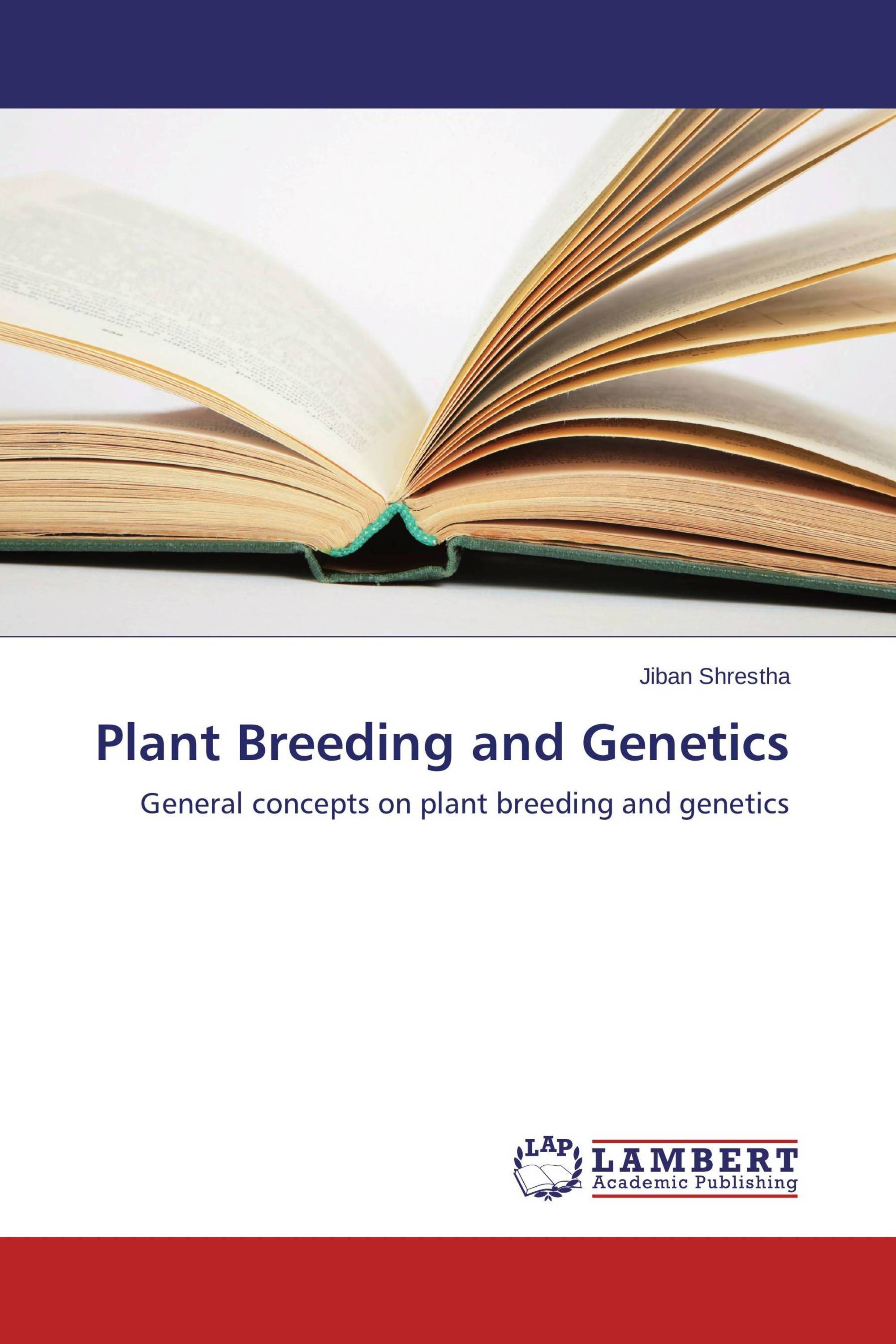Plant Breeding And Genetics Books
Principles of Plant Genetics and Breeding, 2nd Edition. Principles of Plant Genetics and Breeding. The book is accompanied by a companion resources site. Plant Breeding and Genetics Books: Books published on plant sciences aimed primarily at graduate students, research scientists and professionals at New India.

This book fills the gap between textbooks of quantitative genetic theory, and software manuals that provide details on analytical methods but little context or perspective on which methods may be most appropriate for a particular application. Accordingly this book is composed of two sections. The first section (Chapters 1 to 8) covers topics of classical phenotypic data analysis for prediction of breeding values in animal and plant breeding programs. In the second section (Chapters 9 to 13) we provide the concept and overall review of available tools for using DNA markers for predictions of genetic merits in breeding populations. With advances in DNA sequencing technologies, genomic data, especially single nucleotide polymorphism (SNP) markers, have become available for animal and plant breeding programs in recent years.
Analysis of DNA markers for prediction of genetic merit is a relatively new and active research area. The algorithms and software to implement these algorithms are changing rapidly. This section represents state-of-the-art knowledge on the tools and technologies available for genetic analysis of plants and animals. However, readers should be aware that the methods or statistical packages covered here may not be available or they might be out of date in a few years. Ultimately the book is intended for professional breeders interested in utilizing these tools and approaches in their breeding programs. Lastly, we anticipate the usage of this volume for advanced level graduate courses in agricultural and breeding courses.
Fikret Isik is a Professor of quantitative genetics in the Department of Forestry and Environmental Resources and the Associate Director of the Tree Improvement Program at North Carolina State University. Jim Holland is a research geneticist with the United States Department of Agriculture - Agriculture Research Service, and a Professor in the Department of Crop and Soil Sciences at North Carolina State University. Christian Maltecca is an Associate Professor of quantitative genetics and breeding in the Animal Science department at North Carolina State University.
• Aland Islands • Albania • Andorra • Armenia • Austria • Azerbaijan • Belarus • Belgium • Bosnia and Herzegovina • Bulgaria • Croatia • Cyprus • Czech Republic • Denmark • Estonia • Finland • France • Georgia • Germany • Gibraltar • Greece • Greenland • Holy See (Vatican City State) • Hungary • Iceland • Ireland • Italy • Latvia • Liechtenstein • Lithuania • Luxembourg • Macedonia • Malta • Moldova • Monaco • Montenegro • Netherlands • Norway • Poland • Portugal • Romania • Russia • Serbia • Slovakia • Slovenia • Spain • Sweden • Switzerland • Turkey • Ukraine • United Kingdom. Www.dinesh 12th Physics Pdf. more. • American Samoa • Australia • Bangladesh • Bhutan • British Indian Ocean Territory • Brunei • Cambodia • China • Christmas Island • Cocos (Keeling) Islands • Cook Islands • Fiji • Guam • Hong Kong • India • Indonesia • Japan • Kazakhstan • Korea (the Republic of) • Kyrgyzstan • Laos • Macao • Malaysia • Maldives • Mongolia • Myanmar • Nepal • New Zealand • Pakistan • Papua New Guinea • Philippines • Samoa • Singapore • Solomon Islands • Sri Lanka • Taiwan • Tajikistan • Thailand • Timor-Leste • Tonga • Turkmenistan • Uzbekistan • Vanuatu • Vietnam. Description To respond to the increasing need to feed the world's population as well as an ever greater demand for a balanced and healthy diet there is a continuing need to produce improved new cultivars or varieties of plants, particularly crop plants. Bukhari Hadith Arabic Pdf Newspapers. The strategies used to produce these are increasingly based on our knowledge of relevant science, particularly genetics, but involves a multidisciplinary understanding that optimizes the approaches taken.